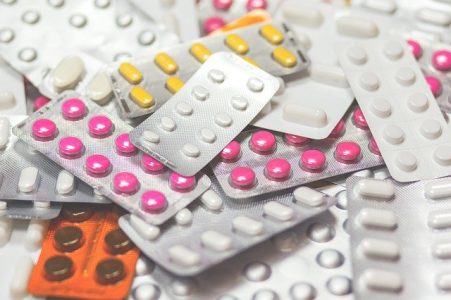
Raphael Szendro published an in-depth discussion of the pricing implications of limited critical medical supplies triggered by Covid 19 that can serve as the basis for an engaging shiur.
Year one of “15 days to flatten the curve” and counting. Among the many challenges we faced over the year was a potential shortage of essential medical supplies and equipment. Thankfully, the problem was quickly resolved. The Trump administration made sure of it. However, toward the beginning of the pandemic, reports came out of individuals who attempted to take advantage of the situation by hoarding truckloads of critical supplies. This raised an interesting question: According to Jewish law, would it be acceptable to acquire supplies and equipment in bulk during a global shortage, and then resell the merchandise to those in need at five-ten times the cost? Although I have been very busy this year collecting free food and starting a new girls’ school together with my amazing wife, I was able to find the time to work on this question, and with much סיעתא דשמיא, I was able to come up with the following analysis:
I would suggest that there are two parts to the question: The first issue touches on a fundamental aspect of the laws of אונאה [fair pricing]. The איסור of אונאה prohibits a seller from charging above market value, and a buyer from purchasing below market value. The value of any product will change from time to time, and the purchase price must reflect the current market value at the time and location of the sale. Changes in supply and demand is typically the determining factor which would cause the market price to fluctuate. If there is a sudden increase in demand with a lack of supply, it would follow that one could rightfully charge a much higher price. The question is, are there any exceptions? Are there any other factors to consider when determining a fair market price as it relates to הלכות אונאה, other than the available supply and the current level of demand?
The second question is as follows: irrespective of דיני אונאה, if someone’s life is in danger, and you are in possession of a product which could save their life, there would be an obligation of לא תעמד על דם רעיך. How would this affect the amount which can be charged for the product?
Please click here to download the full analysis.



















